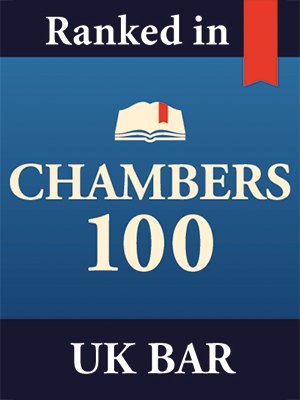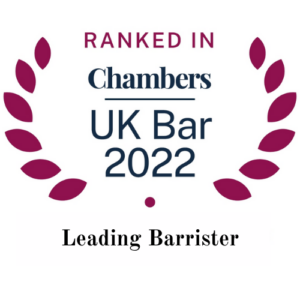Have you ever been in a position where you’ve discovered your business partner is ‘moonlighting’ behind your back? It’s not an easy place to come back from – trust is lost, reputations damaged and it can be the beginning of the end for many business relationships.
If this resonates with you and you’ve got a ‘Steve” in your business, you’re not alone; it’s actually a fairly common occurrence and something I see a lot of in my day-to-day work.
While it can be a really painful, frustrating and unsettling situation to find yourself in, there is hope; usually even the most acrimonious of situations can be resolved with the benefit of specialist and experienced advice and support.
Of course, with emotions running high it can be very difficult to see a clear path and even knowing where to start can be overwhelming. So, what are your options?
1. Enlist the help of an experienced specialist
When you’re embroiled in a feud with a business partner – particularly one that is fuelled by strong emotion – don’t try to battle it out on your own or with inexperienced or non-specialist legal advice. This very rarely works out for the best! Disputes can quickly deepen and the greater the conflict between two parties, the less chance there is of resolving differences and enabling both sides to walk away amicably or at least satisfied. Right from the start, get the best advice you can. The best source of such advice is often an experienced, specialist barrister. They will be able to advise you on the best and most effective path to take. You can do so under the Bar Council’s Direct Access scheme without having to engage a solicitor and so substantially reduce the costs involved. In doing so, you will no doubt save yourself a lot of time, stress, worry and, potentially, money.
2. Check the terms of your company’s articles of association and any shareholder’s agreement or your partnership/LLP agreement
The terms of your articles of association, shareholders agreement, partnership or LLP agreement can be incredibly effective in providing routes to a resolution. If they have been carefully drawn up they should provide mechanisms for resolving disputes cheaply, effectively, efficiently and with the least possible damage to your underlying business and its value to you. I always recommend having such agreements in place from the outset. If you haven’t got such agreements in place, do not delay. Get them put in place as soon as possible and well before any dispute arises. Again, speaking with an experienced, specialist barrister will ensure you are protected should the worst come to the worst.
3. Use effective negotiation and mediation to try and resolve any dispute and avoid litigation
More often than not properly prepared for and conducted negotiation or mediation should be capable of resolving disputes without resort having to be had to any actual litigation; even where things might seem beyond repair. I always try to ensure that a sensible and fair compromise is reached with both parties being able to walk away satisfied even if relationships might not always remain fully intact. Litigation should really be considered the last resort.
4. If legal action is required then go ahead and take it!
If a dispute cannot be resolved without it then don’t be afraid to turn to litigation. For example, the courts have power under section 994 of the Companies Act 2006 to grant relief where the affairs of a company are being conducted in a manner unfairly prejudicial to some of its shareholders and, where it is appropriate to do so, you should use it. But just make sure you use it when it’s right to do so, that it doesn’t come back to bite you and that you don’t end up regretting it. Again, turn to an experienced and specialist barrister. When my clients instruct me under the Bar Council’s Direct Access scheme they are often surprised by how effective it is and how reasonable the legal fees are compared with using a solicitor. Certainly, a good barrister should ensure you are well informed, well prepared, confident in any litigation and be transparent about the costs involved. And remember, never be afraid to ask questions; if anything is unclear or simply doesn’t feel right then demand an explanation.
What are your options?
Finding yourself in the midst of a business dispute is never fun or easy; particularly if there are feelings of resentment and ‘wrongdoing’ involved. Don’t try and fight your way through by yourself – even if you are not sure whether action is needed or just want to find out what your options are, please do get in touch with me.
I offer a free thirty-minute initial consultation and I’m sure I can give you some helpful guidance as to the best way forward.




